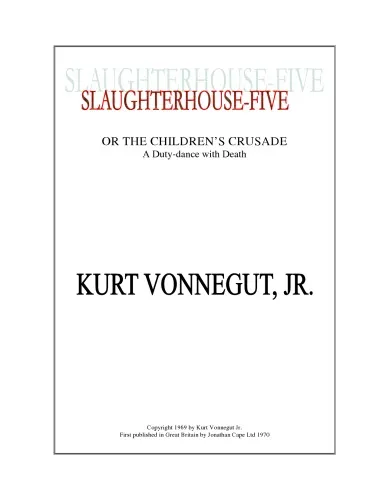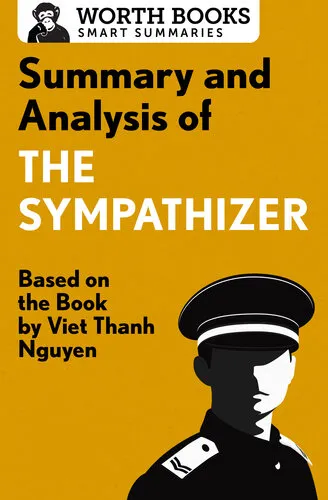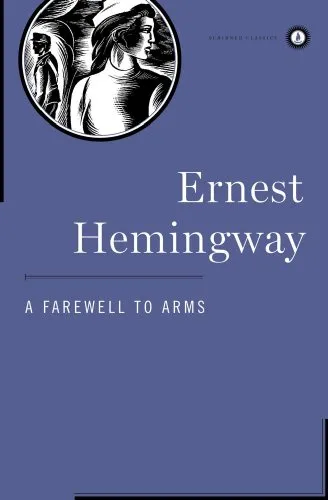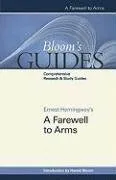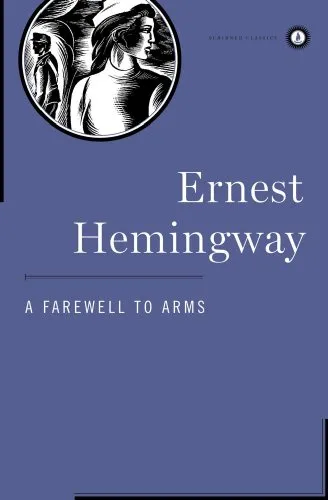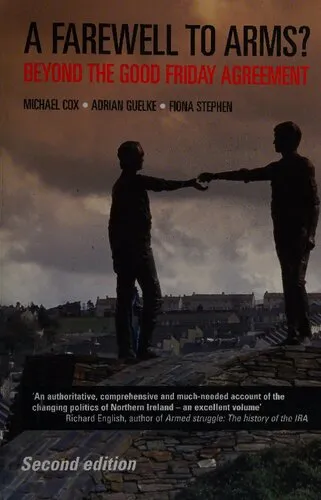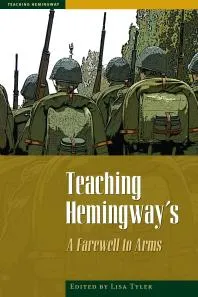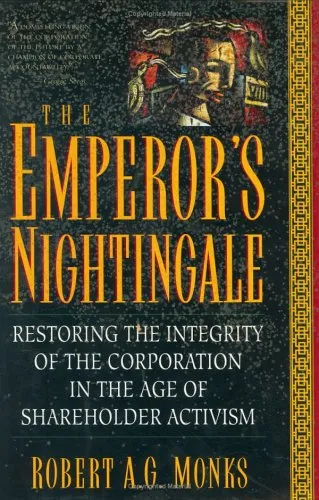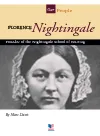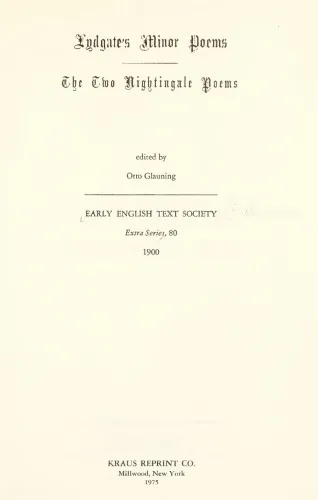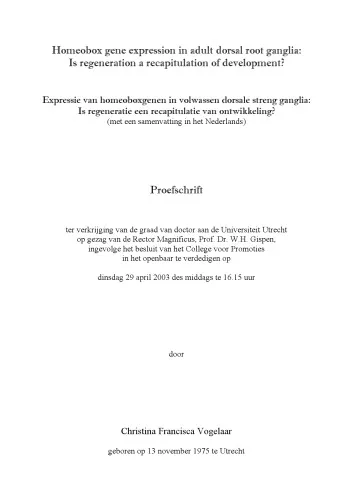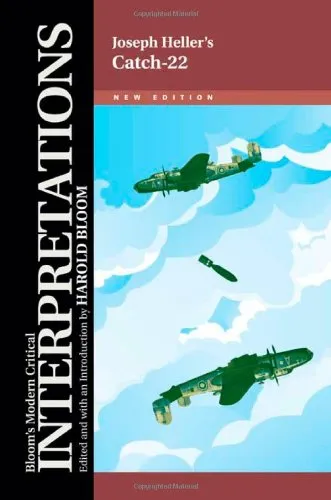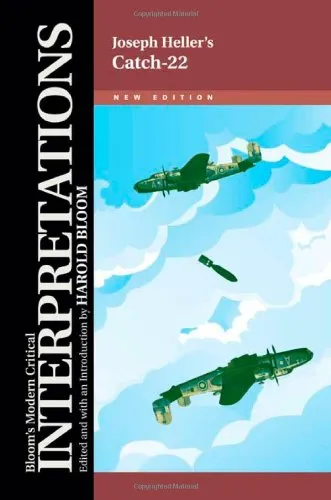All quiet on the Western front
4.1
Reviews from our users

You Can Ask your questions from this book's AI after Login
Each download or ask from book AI costs 2 points. To earn more free points, please visit the Points Guide Page and complete some valuable actions.Related Refrences:
Persian Summary
Introduction to "All Quiet on the Western Front"
Published in 1929, "All Quiet on the Western Front" by Erich Maria Remarque is a seminal piece of literature that offers a poignant exploration of the existential turmoil wrought by World War I. As a compelling narrative of a German soldier's experience on the front lines, the novel transcends national boundaries to present a universal tale about the horrors of war and the profound impact it has on individuals and societies.
Detailed Summary of the Book
"All Quiet on the Western Front" follows the journey of Paul Bäumer, a young German soldier, and his comrades as they contend with the brutal reality of war. The story begins with the enthusiastic volunteering of Paul and his classmates, spurred by patriotic fervor and the impassioned rhetoric of their schoolmaster. However, as they are thrust into the trenches, the grim nature of their situation quickly dissolves any illusions of glory.
As Paul narrates the relentless bombardment, the ever-present threat of death, and the emotional and physical scars borne by the soldiers, the novel delves deeply into the psyche of a soldier. Paul’s connections to the world before the war steadily erode, leaving a desperate struggle for survival and a yearning for peace. The story evolves as a reflection on the futility and devastation of conflict, highlighting the chasm between front-line soldiers and the civilians and government leaders who dictate the course of war.
Remarkably, through the bloodshed and chaos, moments of human connection bring an ephemeral relief to Paul and his friends. Yet, the persistent onslaught of the war machine fosters an existential dread, leading to a poignant climax that underscores the epitome of sacrifice and loss experienced by an entire generation.
Key Takeaways
- The Devastating Reality of War: The novel strips away romanticized notions of combat, presenting an unfiltered portrayal of war's physical and psychological toll.
- Existential Crisis and Disconnection: The story examines the existential disillusionment faced by soldiers as they become alienated from civilian life and their own humanity.
- The Universality of Suffering: Despite being a narrative about German soldiers, the emotions and trials depicted are universal, resonating with soldiers' experiences worldwide.
- Critique of Nationalism and Propaganda: Remarque critiques the role of propaganda and nationalism in perpetuating a cycle of violence and loss.
Famous Quotes from the Book
“He fell in October 1918, on a day that was so quiet and still on the whole front, that the army report confined itself to the single sentence: All quiet on the Western Front.”
“We are forlorn like children, and experienced like old men, we are crude and sorrowful and superficial — I believe we are lost.”
Why This Book Matters
"All Quiet on the Western Front" remains a pivotal text in both literature and historical discourse due to its unvarnished depiction of war’s impact on soldiers. Its narrative serves as both a warning and reflection, encouraging readers to consider the profound effects of war on humanity. Remarque’s work challenges readers to question political motivations and the human cost of conflict, leaving a lasting legacy that continues to resonate in contemporary discussions about peace and conflict resolution. The novel's influence extends beyond literature, inspiring films, educational curricula, and anti-war movements, making it an enduring cornerstone of 20th-century literature.
Free Direct Download
You Can Download this book after Login
Accessing books through legal platforms and public libraries not only supports the rights of authors and publishers but also contributes to the sustainability of reading culture. Before downloading, please take a moment to consider these options.
Find this book on other platforms:
WorldCat helps you find books in libraries worldwide.
See ratings, reviews, and discussions on Goodreads.
Find and buy rare or used books on AbeBooks.
1666
بازدید4.1
امتیاز0
نظر98%
رضایتReviews:
4.1
Based on 0 users review
Questions & Answers
Ask questions about this book or help others by answering
No questions yet. Be the first to ask!

